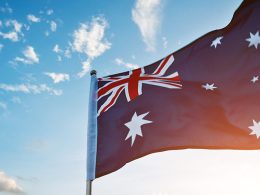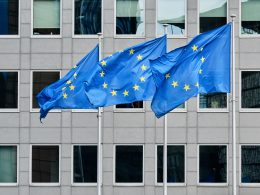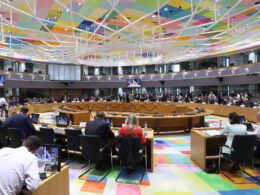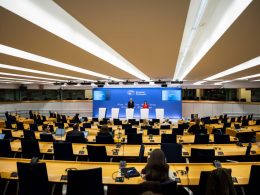Singapore’s regulators have granted small and mid-sized listed companies a five-year extension to comply with international climate reporting standards, pushing most requirements back to the 2030 financial year.
The Accounting and Corporate Regulatory Authority (Acra) and Singapore Exchange Regulation (SGX RegCo) announced on Monday (25 August) that companies outside the Straits Times Index (STI) and with a market capitalisation below S$1 billion will now only need to begin making climate-related disclosures in line with the International Sustainability Standards Board (ISSB) from FY2030.
Non-STI firms with a market capitalisation of S$1 billion and above will face compliance from FY2028. Larger companies in the STI will remain subject to the original timeline, with ISSB-aligned disclosures required from FY2025.
The regulators confirmed that all listed companies must still report direct operational emissions (Scope 1) and electricity-related emissions (Scope 2) from this financial year, describing these as essential metrics for monitoring progress on decarbonisation.
STI constituents will also need to disclose indirect supply chain emissions (Scope 3) from FY2026, though such reporting will remain voluntary for all other listed companies. External limited assurance of Scope 1 and 2 emissions has been postponed by two years to FY2029 for STI firms, and will also apply to other issuers.
The revised approach adopts a three-tier structure, phasing in obligations based on market capitalisation. Acra and SGX RegCo said the shift reflects economic uncertainty, feedback on varying levels of readiness, and the need to ease compliance costs while helping firms build reporting capabilities.
“With the updated requirements, companies will be better able to balance compliance costs with developing climate reporting capabilities, which are required for the longer term to maintain their place in global supply chains,” the regulators said in a joint statement.
The delay, however, places Singapore behind Malaysia, which will mandate ISSB-aligned disclosures for large companies from 2025, with phased adoption for other listed entities from 2026 and 2027.
Separately, non-listed Singapore companies with annual revenues of at least S$1 billion and total assets of at least S$500 million will now only be required to report ISSB-aligned disclosures from FY2030, three years later than previously planned. Assurance requirements for Scope 1 and 2 emissions have been pushed to FY2032.





















